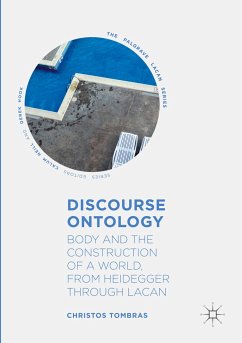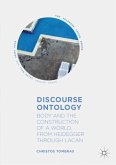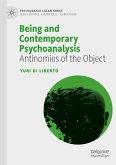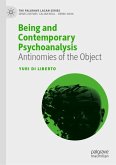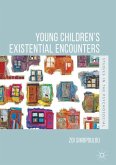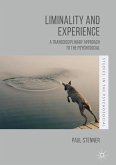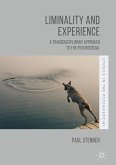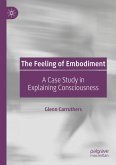This book explores the themes within, and limits of, a dialogue between Martin Heidegger's philosophy of being and Jacques Lacan's post-Freudian metapsychology. It argues that a conceptual bridging between the two is possible, and lays the foundations of that bridge, starting with Heidegger and proceeding through the work of Lacan. After presenting basic aspects of Heidegger's ontology, Tombras focuses on his incisive critique of modern science and psychoanalysis, and argues that psychoanalytic theory is vulnerable to this critique. The response comes from Lacan's re-reading and recasting of fundamental Freudian insights, and his robust post-Freudian metapsychology. A broad discussion of Lacan's work follows, to reveal its rupture with traditional philosophy, and show how it builds on and then reaches beyond Heidegger's critique.
This book is informed by the terminology, insights, concepts, hypotheses, and conclusions of both thinkers. It discusses time and the body in jouissance; the emergence of the divided subject and signifierness; truth, agency and the event; and being and mathematical formalisation. Tombras describes the ontological recursive construction of a shared ontic world and discusses the limits and historicity of this world.
This book is informed by the terminology, insights, concepts, hypotheses, and conclusions of both thinkers. It discusses time and the body in jouissance; the emergence of the divided subject and signifierness; truth, agency and the event; and being and mathematical formalisation. Tombras describes the ontological recursive construction of a shared ontic world and discusses the limits and historicity of this world.
"This novel and ambitious book is the result of decades of commitment to the study of Freud, Heidegger, and Lacan. ... This book leaves room for further research at the interface between ontology and psychoanalysis and between Heidegger and Lacan." (Andrew Hodgkiss, Theory & Psychology, Vol. 32 (3), 2022)

